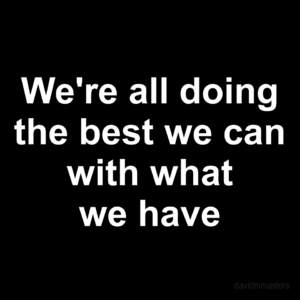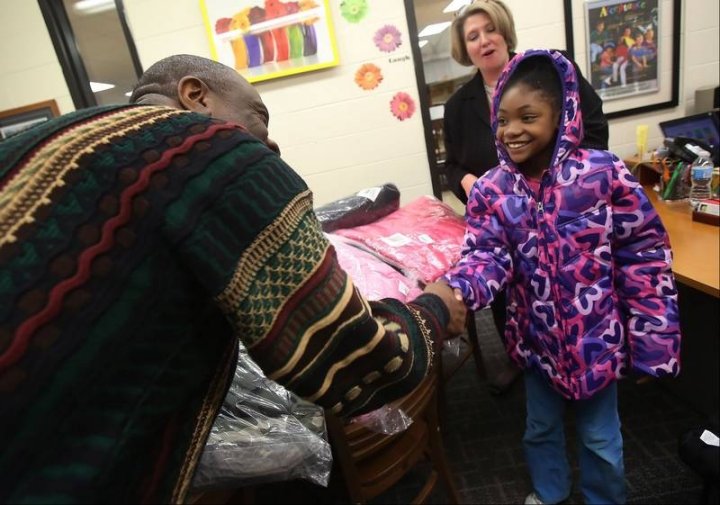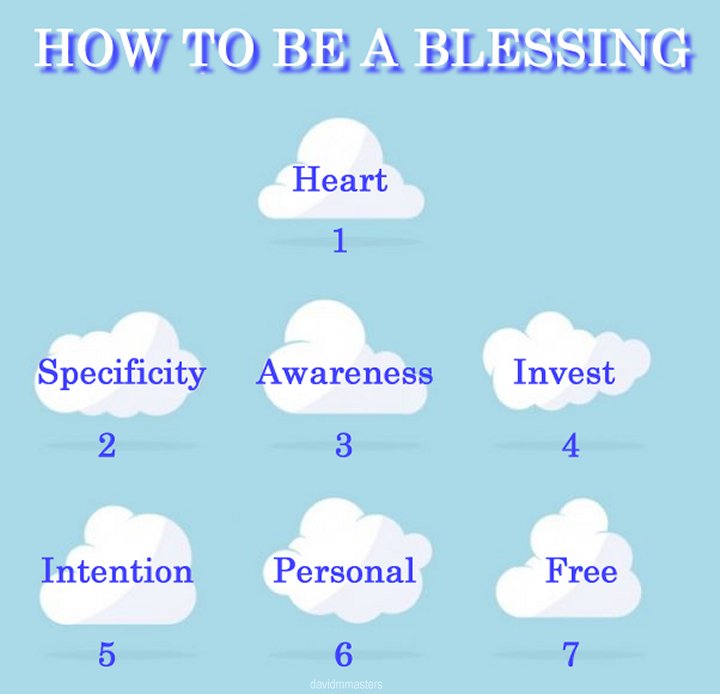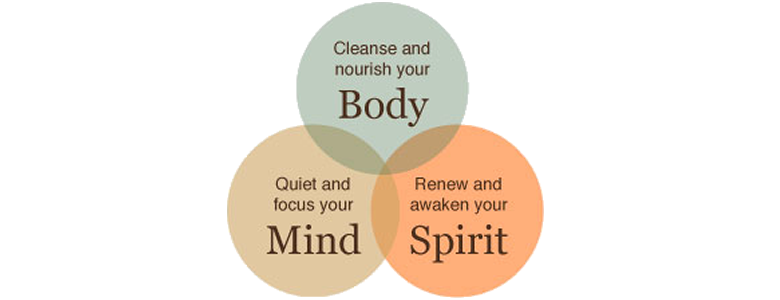Having recently witnessed yet another elimination of a life-threatening disease, I am reminded of how incredible our bodies and the planet which surrounds us like a warm blanket on a winter’s day are. When they are allowed to work at their highest potential in concert for the greater good, nothing can thwart their natural and grandiose power with a grace and elegance that only leaves me in shock and awe at the perfect design of it all.
How magnificent our bodies are in their natural ability to repair, rejuvenate, regenerate and defeat any disease or malady, if empowered to operate at full capacity, and if you need a little help from outside yourself to support the process, we are surrounded by natural substances that make up Mother Nature’s natural pharmacy, available to us 24/7.
While more and more doctors are awakening and realizing that there is more to healing than making the big bucks signing people up for expensive surgeries and prescribing Big Pharma’s patented medicine, people are taking responsibility for their own health and self-healing using alternative medicine and natural remedies.
Is it easy? No.
First, let’s take a look at “disease.”
A specific disease is not anything that will harm you. The disease is simply a way to categorize a set of symptoms and commonalities within the body into a group that is standardized enough that doctors can share information with each other quickly, without having to share all the individual specifics about a patient’s condition.
When you are given the diagnosis of a disease by name, it is generally understood that you are having “these kinds of symptoms” in “these areas of the body.” Once a diagnosis has been made, the doctor will go about the work of investigating what has worked for other doctors who have been diagnosed with the same disease and hope that they can help you in the same way.
All are very logical, systematic, and efficient when things work out the way you’d like them to. Normally, successful treatment is assumed when the patient is experiencing fewer symptoms of the disease.
Often the symptoms exist from something not right inside the body, and the something not right could be pathogens, bacteria, viruses, or parasites that are attacking the body from the inside out. When this is the case, a universal antibiotic, like chlorine dioxide might be effective in killing off the pathogens that are causing this particular set of symptoms.
Your body, as incredible as its potential to heal itself, has been reprogrammed since birth to be incapable of healing itself, making it dependent on the chemical incarnations of natural elements, the corporations, and the staff which administer them.
So, if you’re thinking about taking personal responsibility for your own health, wellness, and defeating of disease, even including the most horrible life-threatening challenges, you will need to take the proactive approach of building your body’s natural ability to heal itself. If your body has its natural ability to self-heal restored, it can do the work it was designed to do, on its own; what an amazing design all of this is.
And it happens all around us every day. I have been fortunate enough to know some of the people who have taken a holistic approach to healthcare defeating their own life-threatening diseases. They have emerged on the other side of their death sentence, with outstanding health, enhanced quality of life, and longevity.
Yesterday, another joins the ranks of the many who have looked death in the eye and put the Grim Reaper on notice, “Mother Nature and I are gonna kick your ass!” and they do.
Befuddled doctors all say the same thing, “It must have been a misdiagnosis,” blaming botched tests, or alternatively, “a miracle.” (84% of Americans believe in miracles.) Even the medical community admidst that for no known reason, cancer patients go into spontaneous regression for no reason whatsoever (accounting for 1 in 80,000 cancer patients).
Although, even among this exclusive club of the medical community, there are a growing number of them who are awakening and taking note of the magnificence of the self-healing human body, as well as the natural elements which surround us, as if they were gifts of God, all provided in perfect harmony to support the melody of our lives.
Those who have healed themselves of catastrophic maladies know better. Their new lease on life was not a misdiagnosis, miracle, or accident of any kind. They healed themselves by exiting the flow of the mob and cleared a path through nature to healing and wellness, which few others dare to consider.
I too have allowed my body to deteriorate and become dependent on the chemistry which I’ve been force-fed since birth. Still, now, I am joining the burgeoning ranks of the natural nutcases who are living life in a different way, a better way, embracing the magnificence and power of a brilliantly conceived and engineered closed system, where God has provided everything we need to achieve our highest and best, live a better life, our best lives, and make the world an even better place.
Maybe even you might be interested in the concept that you, too, could heal yourself.












